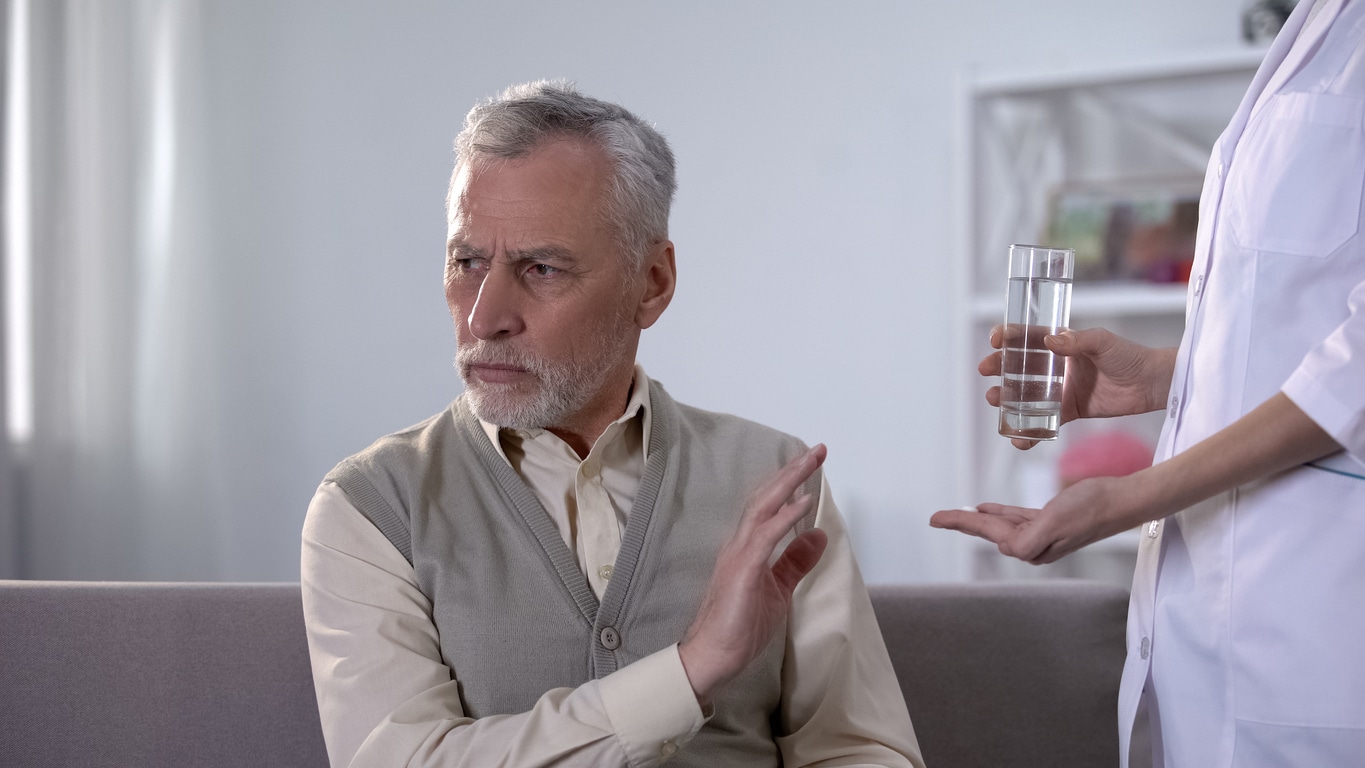
Legal Consequences of Refusing Medical Treatment After an Injury in Georgia
Refusing Medical Treatment Has Lasting Consequences
No one sets out on their day expecting to suffer an injury. Unfortunately, this is a common reality for countless people throughout America. Whether from car accidents or violent assaults, well over 100 million people end up in emergency rooms yearly in the U.S. Unfortunately, there are legal implications for refusing medical treatment after an injury in Georgia.
No one wants to be a statistic, but if you’ve been harmed, refusal to visit the doctor can have lasting consequences. Such an act can result in more severe injuries, costly future medical bills, an inability to work, and many other outcomes that can last for years. However, it’s the legal implications that may be the most harmful.
Simply put, your ability to seek compensation will be greatly hindered.
Difficulty Establishing Causation
When a person suffers an injury, Georgia personal injury law allows them to seek compensation from the liable party. However, securing financial recovery typically requires proving that the defendant’s actions directly caused the relevant injuries. If a person fails to seek medical attention after suffering such an injury, it may be nearly impossible to prove this.
For instance, envision a scenario where someone is involved in a rear-end collision. Instead of going right to the doctor, they decide to continue on to work so their paycheck isn’t affected. If the injury victim chooses to go to the doctor the next day, who is to say that they weren’t injured while at work or after going home for the day?
It’s critical to draw a clear line of causation from the defendant’s actions to your own injuries. One of the primary legal implications of not seeking medical care after suffering an injury in Georgia is that you will have a much more difficult time accomplishing this.
Insurance Issues
When people think of legal issues, they typically envision courtrooms instead of insurance companies. However, the overwhelming majority of personal injury claims are resolved with insurance company settlements rather than court-ordered compensation. If you fail to immediately seek medical care for your injuries, you might have trouble with insurers.
For instance, if you delay or refuse treatment, health insurers may question the severity or cause of your injuries. Similarly, auto insurance companies may view your actions as evidence that your injuries were not severe — or that they were worsened because you didn’t seek care. In either situation, your insurance claim could be minimized or even refused.
Comparative Negligence Issues
Georgia recognizes a legal standard known as comparative negligence. Under this rule, sharing partial liability will not prevent an injury victim from seeking compensation. However, this can reduce the amount of damages available to the victim. This is one of the most disastrous legal implications of not seeking medical care after an injury in Georgia.
Under the law, personal injury victims have a duty to mitigate their injuries. This means seeking medical care and following a doctor’s orders. Refusal to do so could be viewed as a causative factor in your injuries. The insurance companies and courts may feel that your injuries were worsened due to your decision to not seek medical care.
In a best-case scenario, this will only reduce the damages you’re entitled to proportionally to your own level of fault. However, Georgia utilizes a modified comparative negligence rule. This means if you’re found to be more than 50% at fault, you may be barred from any financial recovery. Don’t make this mistake.
Documentation Difficulties
When someone suffers a serious injury, there is no assumption that other parties are to blame. Instead, the injury victim and their attorney must prove that the at-fault party is liable. This requires collecting evidence that shows the defendant’s actions directly led to the victim’s injuries. Medical documentation is a critical component to this endeavor.
Medical records document the injuries you suffered, the severity of these injuries, and any treatment provided to help you overcome them.
Refusing medical treatment typically results in a lack of medical documentation. Without this, proving that the liable party’s actions were the cause of your injuries may be next to impossible.
Outside Legal Issues
Most of the legal implications for refusing medical treatment after an injury in Georgia are related to personal injury claims. Whether injured in a rideshare accident or in a slip and fall incident, seeking treatment is critical for proving your case. However, there are additional legal implications outside of the personal injury domain.
For instance, refusing treatment after being injured due to a criminal act can reduce the likelihood that the defendant will be held criminally liable. The victim will essentially ensure that a key piece of evidence is unavailable. A refusal to seek care could also be seen as a negligent act if a person is involved in a family law case (e.g., not taking their child to the doctor).
Put simply, the legal implications of refusing care are broad and varying. Avoid this mistake at all costs.
Are There Exceptions?
When someone refuses medical care, they greatly complicate their ability to secure just compensation. However, it may still be possible to get a fair outcome. In some cases, not seeking treatment may be considered a reasonable refusal. This typically applies for religious reasons, but other issues may also qualify.
Unfortunately, even a reasonable refusal can make things challenging. The burden of proving that a refusal was reasonable is on the injury victim. However, don’t make the mistake of thinking you’re not entitled to compensation just because you didn’t have a reasonable reason to refuse. You may still have options.
There are many legal implications of refusing medical treatment after an injury in Georgia, but a personal injury attorney may be able to help you overcome these issues. At The Scott Pryor Law Group, our team of legal professionals is here to help. Contact us to schedule your free consultation.










